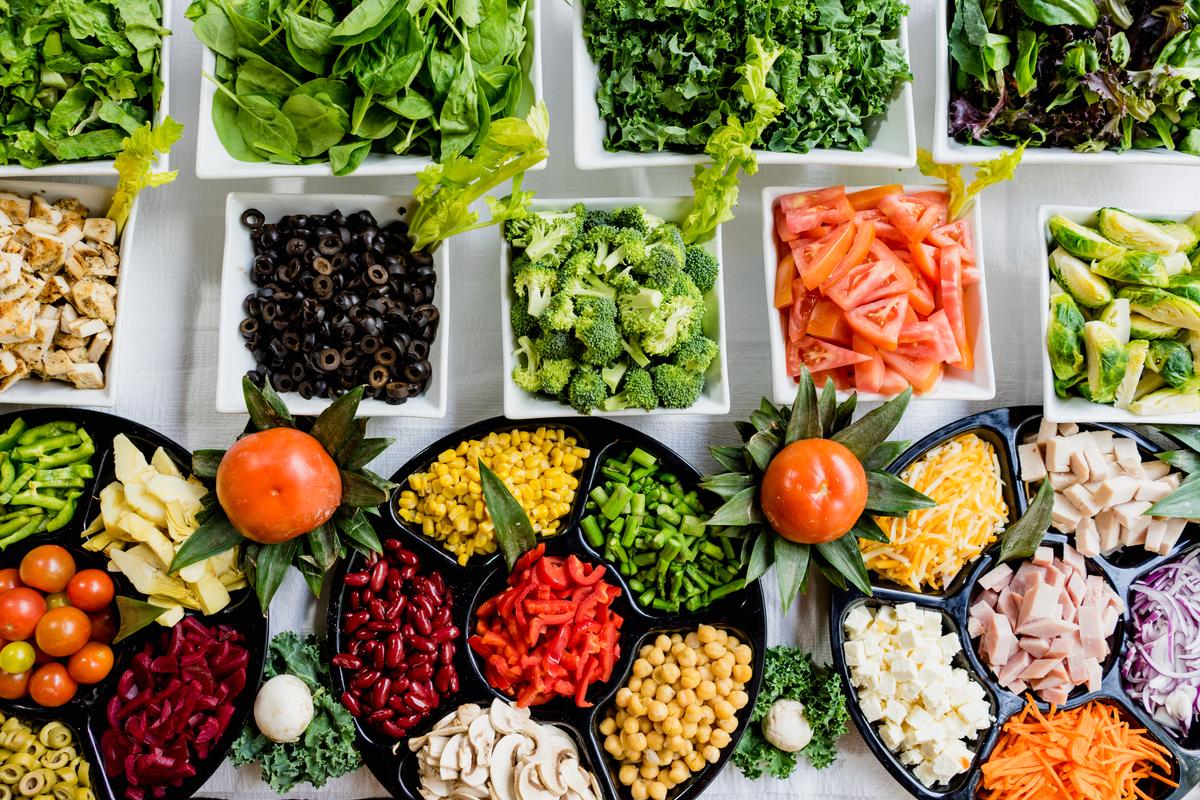Food Technology

Food Technology
Course Description
The Australian food industry is growing in importance, providing numerous employment opportunities and increasing the relevance of Food Technology for the individual and society. There are increasing community concerns about food issues, including hygiene and safety, nutritional claims and the nutritional quality of food, genetic engineering, functional foods, ethical and sustainable food sourcing, and the environmental impact of food-production processes.
Food habits change based on economic, social, cultural, technological and environmental factors. In Australia, as a result of rapid technological change, consumers are confronted with an increasing array of food products designed to complement our changing lifestyles. Making informed food decisions requires an explicit understanding of nutrition principles in both theory and practice, and this is embedded in the study of Food Technology. This is essential to the development of sound food habits and contributes significantly to the wellbeing of all Australians.
The study of Food Technology provides students with a broad knowledge and understanding of food properties, processing, preparation and their interrelationships, nutritional considerations and consumption patterns. It addresses the importance of hygiene and safe work practices and legislation in the production of food. It also provides students with a context through which to explore the richness, pleasure and variety food adds to life.
What will students learn about?
Students will develop food-specific skills, which can then be applied to a range of contexts, enabling students to produce quality food products.
Students studying the 200-hour course are required to complete 6–8 focus areas.
There are the eight focus areas:





